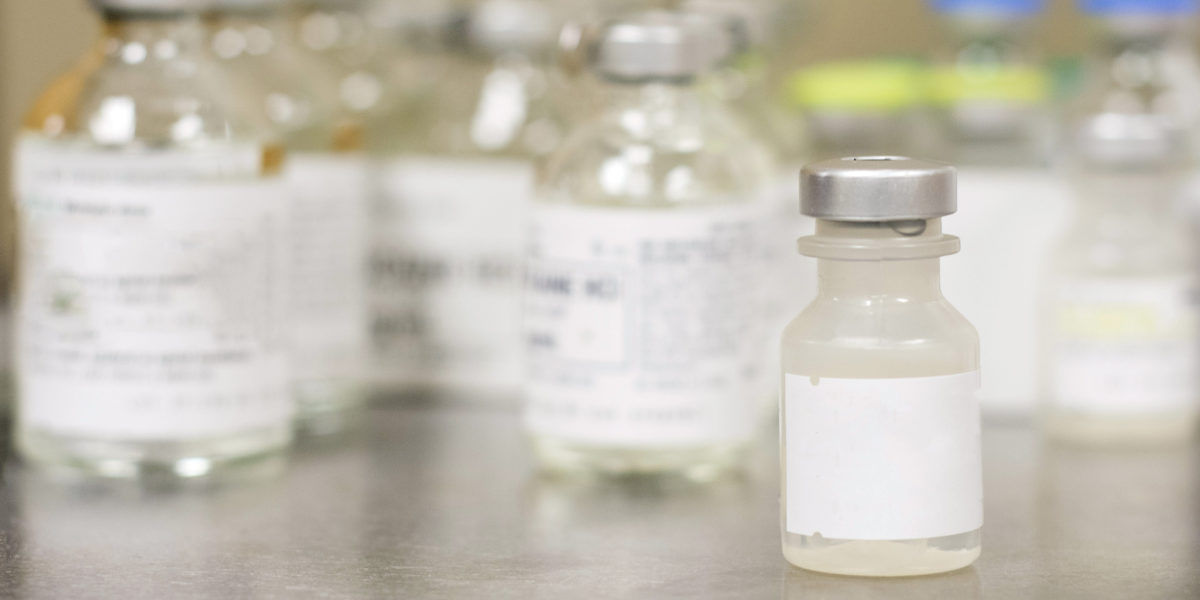This is the third in our blog series on obtaining and using confidential peer review records in litigation. In Overdose (No. 1), I reviewed JCAHO Hospital Root Cause Analysis and Sentinel Event Reporting. In Overdose (No. 2), I reviewed Hospital adverse medical incident reports, including Code 15 reports on nursing negligence submitted in Florida to the Agency for Health Care Administration.
Another source of peer review are the records of Hospital physician oversight panels and committees. As with the sources considered in the first two blogs of this series, physician peer review is normally afforded strict confidentiality under the theory that individuals in a confidential setting will be more honest and direct. This assumes two things – that the medical record created concerning the adverse medical event may not be entirely honest and direct. Second, it assumes that the participants in peer review are engaging in good faith and with the desire to avoid errors and improve patient safety and health care.
In the case I have been reviewing, a physician peer review panel of the Hospital’s Anesthesia Section was held on April 14, 1997. The subject anesthesiologist failed or refused to attend the meeting. Nonetheless, the Committee did nothing more than summarize the fatal overdose event and send the anesthesiologist a letter. No action was taken concerning the physician’s privileges. The letter blandly mentions that a nurse drew up a syringe with the fatal concentration of medicine and the anesthesiologist apparently administered it without checking it because of a “communication error”. The committee also noted informally and without any sanction that the doctor made no note of the overdose that caused the patient’s demise. The Peer Review letter ends with this odd line: “This is for your information.” No suspension or revocation of privileges, no continuing education, no supervision or training. The only recommendation made by the Committee to improve the doctor’s performance was a mere suggestion to make timely progress notes instead of late ones.
This is a shocking example of why peer review is an outdated and ineffective tool. There is no reason for these proceedings to be confidential if the only purpose is to shelter health care providers from improving care- at the expense of patient safety. Sunshine and open access to this information would have a more beneficial effect than this kind of back slapping.
When adverse events happen in a hospital setting, hire a lawyer with the experience to complete an intense investigation into the underlying event. This may involve aggressive approaches that tread on normally confidential material that contains information vital to a successful result.


